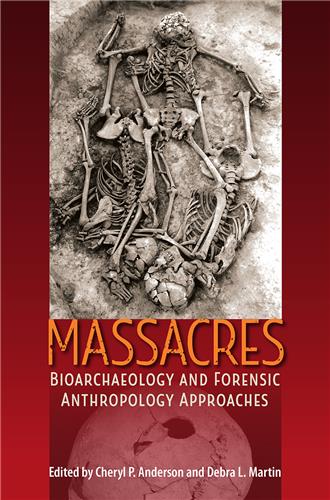Beginning with Frank Hamilton Cushing’s famous excavations at Key Marco in 1896, a large and diverse collection of animal carvings, dugout canoes, and other wooden objects has been uncovered from Florida’s watery landscapes. Iconography and Wetsite Archaeology of Florida’s Watery Realms explores new discoveries and reexamines existing artifacts to reveal the influential role of water in the daily lives of Florida’s early inhabitants.
University of Florida Press
Please note that while you may order forthcoming books at any time, they will not be available for shipment until shortly before publication date
Abundantly illustrated, this volume is a pioneering survey of the ancient art of the entire Caribbean region. While previous studies have focused on the Greater Antilles—Cuba, Haiti, the Dominican Republic, Puerto Rico, and Jamaica—this is the first book also to include the islands of the eastern Caribbean and their ties to pre-Columbian Venezuela.
For thousands of years, the inhabitants of the Middle Cumberland River Valley harvested shellfish for food and raw materials then deposited the remains in dense concentrations along the river. Very little research has been published on the Archaic period shell mounds in this region. Demonstrating that nearly forty such sites exist, this volume presents the results of recent surveys, excavations, and laboratory work as well as fresh examinations of past investigations that have been difficult for scholars to access.
The work of the 1960s Caracas-based art collective El Techo de la Ballena (The Roof of the Whale) was called “subversive” and “art terrorism” and seen as a threat to Venezuela’s national image as an emerging industrial power. This volume details the historical and social contexts that shaped the collective, exploring how its anti-art aesthetic highlighted the shortcomings of the country’s newfound oil wealth and transition to democracy.
This volume integrates data from researchers in bioarchaeology and forensic anthropology to explain when and why group-targeted violence occurs. Massacres have plagued both ancient and modern societies, and by analyzing skeletal remains from these events within their broader cultural and historical contexts this volume opens up important new understandings of the underlying social processes that continue to lead to these tragedies.
The emergence of village societies out of hunter-gatherer groups profoundly transformed social relations in every part of the world where such communities formed. Drawing on the latest archaeological and historical evidence, this volume explores the development of villages in eastern North America from the Late Archaic period to the eighteenth century.
In recent decades, Latin American countries have sought to modernize their labor market institutions to comply with the demands of globalization. This book evaluates the impact of such neoliberal reforms on labor movements and workers’ rights in the region through comparative analyses of labor politics in Chile, Mexico, Argentina, Brazil, and Venezuela.
After the end of the Mexican Revolution in 1917, post-revolutionary leaders hoped to assimilate the country’s racially diverse population into one official mixed-race identity—the mestizo. This book shows that as part of this vision, the Mexican government believed it could modernize “primitive” indigenous peoples through technology in the form of education, modern medicine, industrial agriculture, and factory work. David Dalton takes a close look at how authors, artists, and thinkers—some state-funded, some independent—engaged with official views of Mexican racial identity from the 1920s to the 1970s.
Exploring a variety of topics including European colonialism, migration, citizenship, sex tourism, music, literature, and art, contributors demonstrate that alternate views of Haitian and Dominican history and identity have existed long before the present day. From a moving section on passport petitions that reveals the familial, friendship, and communal networks across Hispaniola in the nineteenth century to a discussion of the shared music traditions that unite the island today, this volume speaks of an island and people bound together in a myriad of ways.
This book reveals how migrants shape the politics of their countries of origin, drawing on research from Mexico, Colombia, and Ecuador and their diasporas, the three largest in Latin America. Luis Jiménez discusses the political changes that result when migrants return to their native countries in person and also when they send back new ideas and funds—social and economic “remittances”—through transnational networks.











